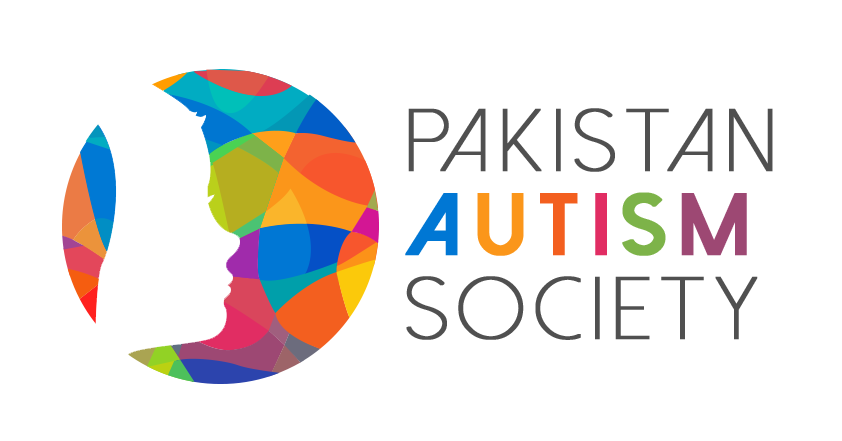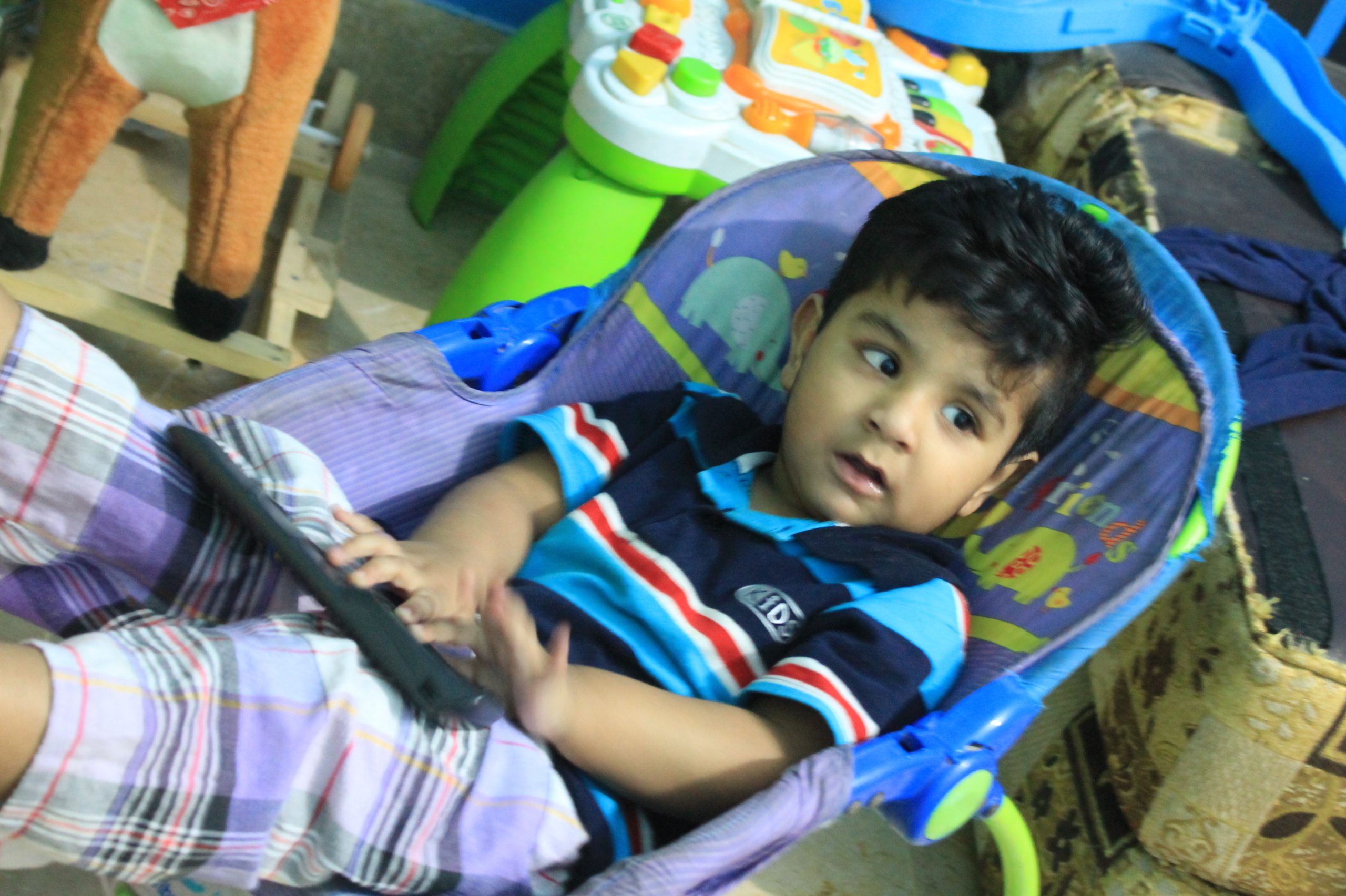Autism is a neurodevelopmental condition that affects social interaction, behavior, and communication. Autistic individuals vary widely in their strengths and need for support. For this reason, people often refer to this as an autism spectrum disorder (ASD).
The features of autism often appear in the early years. it is not a disease, but early intervention can equip children to manage some of the specific challenges they may face in the wider world.
In Pakistan, about 350,000 children are on the autism spectrum, according to the National Library of Medicine. ASD is an umbrella term that includes a range of neurodevelopmental features. It is not a disease, but it can have a significant impact on a person’s life.
Its effects can vary widely. Some people will need lifelong support, while others can live and work independently. In some cases, the features of the condition may be present from infancy. In others, the signs may become more obvious as the individual becomes older.
Parents or caregivers may noticeTrusted Sources that a young child:
- does not babble by the age of 12 months or produce words by 16 months
- he/she does not respond when people talk to them but reacts to other sounds
- does not make eye contact
- lines up toys or objects excessively
- does not want to be cuddled
- does not play with others or play make-believe games
“Don’t think that there’s a different, better child ‘hiding’ behind the autism. This is your child. Love the child in front of you. Encourage his strengths, celebrate his quirks, and improve his weaknesses, the way you would with any child.”














[…] […]
[…] […]
[…] […]
[…] […]
[…] […]
[…] […]
[…] […]